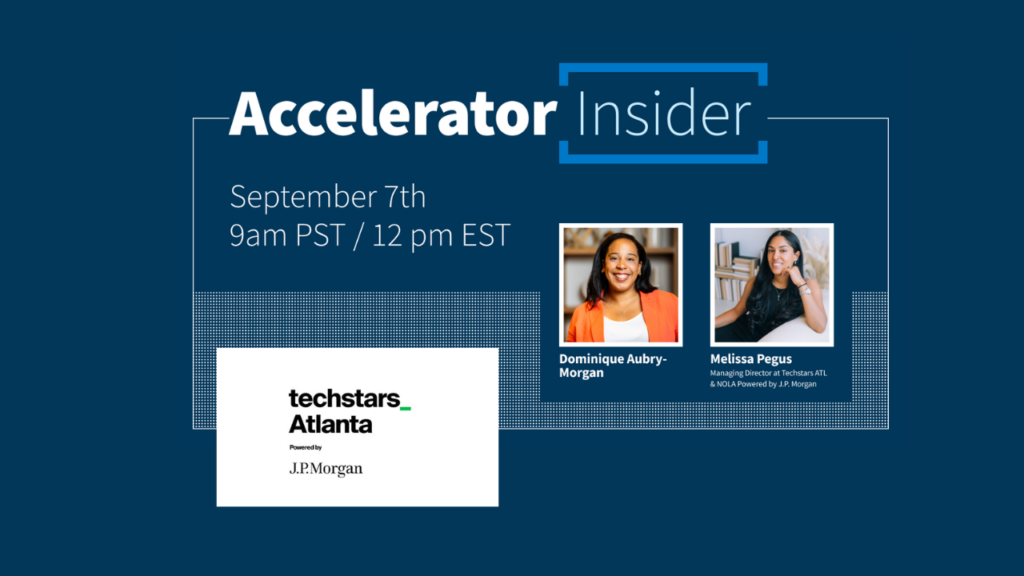The Journey to Acquisition: Challenges and Takeaways
Melissa’s experience in strategic leadership roles has given her a unique perspective on the journey to acquisition.
“One is you continue to lead the organization. The other is you lead it to a certain point, and you hand off the reins, and perhaps you stay involved, but not in an operator’s capacity or a world in which you exit it altogether. And as you go through that process of acquisition, the ownership and the utility of the product and the company and what it means, that’s something you must also realize. You’re not in the driver’s seat anymore.” – Melissa Pegus
Founder Market Fit and Resilience
Melissa believes that founder market fit is crucial for success. She looks for founders with a unique story that ties them to the problem they are solving, emphasizing the importance of resilience and the ability to adapt and learn from feedback. She advises founders to approach challenges with curiosity and a willingness to challenge their assumptions.
“I think validation tells us a lot about resilience because it tells us much about how founders take feedback. And I’ve yet to meet a founder that got it 100% right from inception to what it looked like when let’s say, they finally got into the Techstars program.”
The Techstars Thesis: Commerce, Consumer, Climate, and Creator Economy
Her thesis focuses on four key areas: commerce technology, consumer brands, climate tech, and the creator economy. Important to note is the need for community and brand building in the commerce and consumer space. She also sees a growing opportunity in climate tech and the intersection between commerce and climate.
“We constantly ask ourselves, what’s the secret sauce for the community and brand you’re building? And if you’re enabling a brand, how are you helping them build an enduring brand?”
Trends and Shifts in the Tech and Entrepreneurial Landscape
As the MD for Techstars Atlanta and New Orleans powered by JPMC, Melissa observes a shift in the founder profiles, with some founders transitioning from solving problems for enterprises to solving them for SMBs or in a more scrappy way. She also predicts the emergence of alternative forms of financing for venture-backable companies, which will provide more support and opportunities for entrepreneurship. M
“I think the other big trend we’re going to see, and it’s a really good thing; I’m personally really interested to see how it continues to evolve, are alternative forms of financing for venture-backable companies. Right, so VC equity it’s one form of financing. We tell founders that it’s really good for some things and don’t use it for other things like running Facebook ads.”
Building Relationships and Finding Joy
Melissa emphasizes the importance of building relationships and leveraging networks. She advises founders to view everyone as a potential stakeholder and to be mindful of how they build their network. Melissa also highlights the importance of finding joy and creating space for personal wellness. She encourages founders to prioritize their well-being and to model a balanced approach to entrepreneurship.
“I think creating space for yourself. Someone was talking about how we avoid burnout and the fact that we think of everything we have to do from a task management perspective, as opposed to borrowing project management principles for how we think about budgeting our own time and managing and context switching.”
Conclusion and Future Outlook
As the startup landscape continues to evolve, founders must navigate the challenges and opportunities that come their way. Melissa’s insights shed light on the importance of resilience, founder market fit, and building strong relationships. She encourages founders to find joy in their journey and to prioritize their well-being. As alternative forms of financing emerge and the ecosystem continues to develop, founders must stay adaptable and seize growth opportunities. By embracing these principles, founders can build resilient businesses and drive innovation in their respective industries.
This article is based on a conversation with Melissa Pegus on the Accelerator Insider podcast. The transcript has been edited and condensed for clarity.

